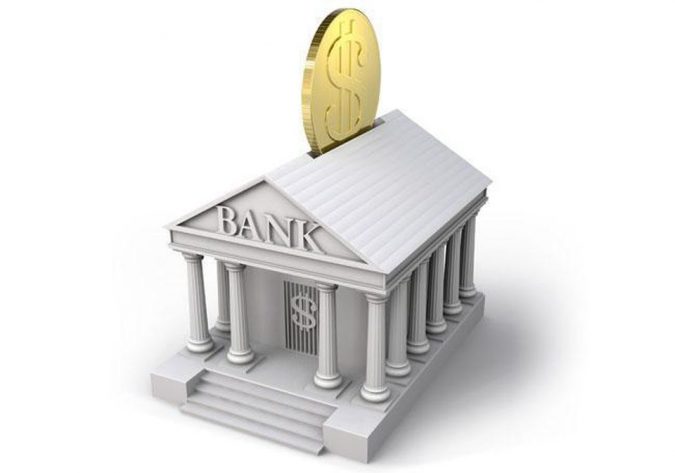
Have you ever wondered about the difference between a bank and a credit union? How does the difference between these two institutions inform your banking decisions and your savings? We’re here to help!
Credit unions are not-for-profit organizations that are owned by their members. Just like banks, credit unions have checking and savings accounts, can make loans, issue credit cards, and provide other financial services. Because they are member-owned and not-for-profit, credit unions have less incentive than banks to generate revenue from their customers. Credit unions also generally have higher marks for customer service, have lower fees, and better interest rates than most large banks.
Unlike banks, there are membership requirements to join a credit union. You may be eligible to join a credit union based on your employer, where you live, by being a military veteran, or through another group that you already belong to such as a church, school, or union. Most credit unions also allow close relatives of existing members to join as well. Some credit unions allow you to join simply by making a small donation to a charity they support.
It’s generally recommended to join a credit union that’s a member of a large network such as the CO-OP network so you’ll have access to a large number of ATMs free of charge. Some credit unions also participate in shared branching as part of their network membership which allow you to use multiple credit unions as if they were your own bank.
To find a local credit union, head to asmarterchoice.org.